The Illithid Powers are some of the most useful things you can unlock while playing Baldur’s Gate 3. Every character you play has the chance to use them, so long as they’re willing to listen to the Tadpole inside their heads and unlock these abilities. However, anyone who uses them might be wondering: Do these magnificent powers have consequences?
These powers are endlessly helpful, and there must be a price that you and your party have to pay for using them. What’s the true harm in unlocking your inner Illithid and unleashing it on the world of Faerun? Here’s what you need to know about if there are consequences for using Illithid Powers on your character in Baldur’s Gate 3.
Related: Baldur’s Gate 3 Complete Guide – Classes, Quests, Puzzles, Mechanics, & Beginner Tips
What Happens if You Use Illithid Powers in Baldur’s Gate 3
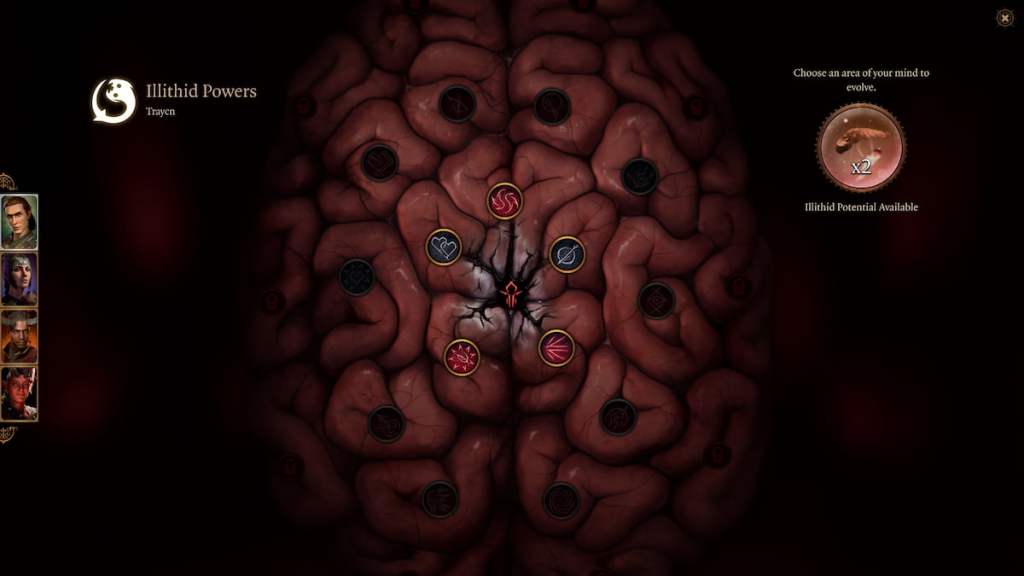
When you use your Illithid Powers on your character, you can bend the world around you, giving you a distinct advantage during situations. For example, many of the Illithid Powers allow you to tap into their unnaturally powerful psychic abilities, making it easier to persuade people to levitate, or you can even access magical skills without having a character who has a magic-based class in Baldur’s Gate 3. It all comes down to finding the Mind Flayer Parasite Specimens.
It opens a lot of loopholes for you in your Baldur’s Gate 3 campaign, and some of your party members might take notice of you leaning into these powers. There are multiple story-based opportunities where your Tadpole attempts to take over your character, influencing them briefly to lean further into these powers, but your character typically has the chance to roll a DC Save and stop their body from obeying. You’ll still have these story-based moments where you can pick whether you want to do it, but the powers you use in combat, in conversations, or that come from the skill tree are yours to use.
Are There Consequences for Using Illithid Powers in Baldur’s Gate 3?

From what I can tell, no. There are no consequences to the end game, but your party members in Baldur’s Gate 3 will have multiple comments about it. They’ll take notice of you making use of these powers, especially if you try to use them against them in conversations, wiggling into their brains to learn more than they’re telling you, and they typically take this as an invasion of privacy, and won’t agree with it.
Outside of your companions, from my experience, the Illithid Powers don’t matter too much. They might come down to the final decision, where to align with the Emperor or Orpheus, and if you’ve chosen to evolve your character. The bottom line of the final choices hinges on having one character, Illithid, use the Netherstones to take out the brain. If your character is already half-Illithid, they might be inclined to do it, rather than Orpheus, Karlach, or the Emperor, should you side with him. Outside of these situations, you’re safe.
Should You Use Illithid Powers in Baldur’s Gate 3?
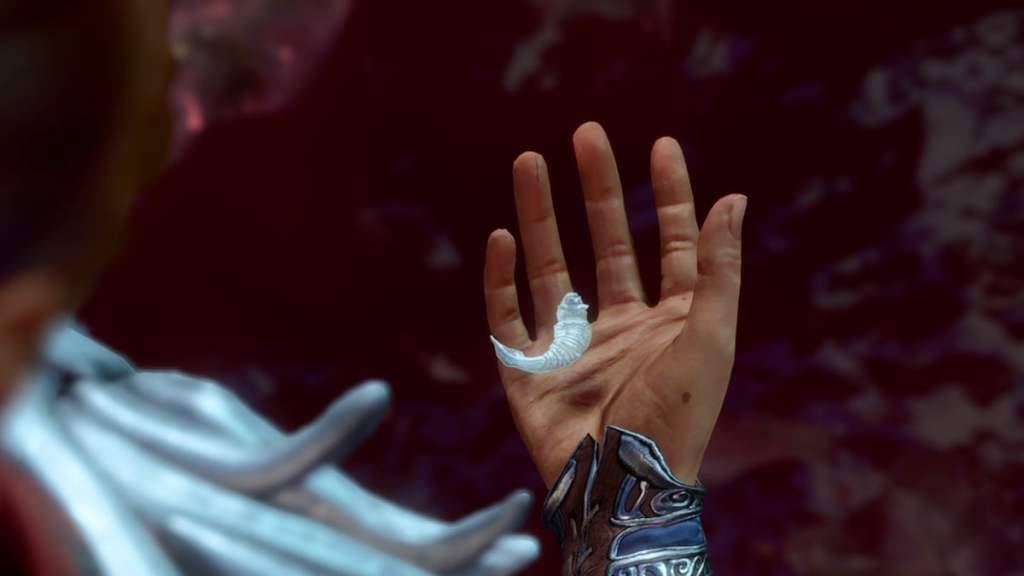
For my first playthrough, my Monk was decidedly against using any of the powers or anything associated with the Illithid Tadpole. He never called on them and never had a chance to unleash them. However, for my second playthrough, my Dragonborn Paladin is leaning into those powers and using them far more often. So far, the two experiences have been essentially the same, outside of the obvious choices, experiences, and my new character, a Paladin.
Overall, I do not think using the powers is terrible from a gameplay perspective in Baldur’s Gate 3. However, your character might not want to use them because of the darkness surrounding them, and it could be a moral thing. If you’re worried about being locked into an “evil” path for Baldur’s Gate 3 with the Illithid powers, don’t worry; they do not cement you onto this path, and you can still have the perfect ending if you use them.

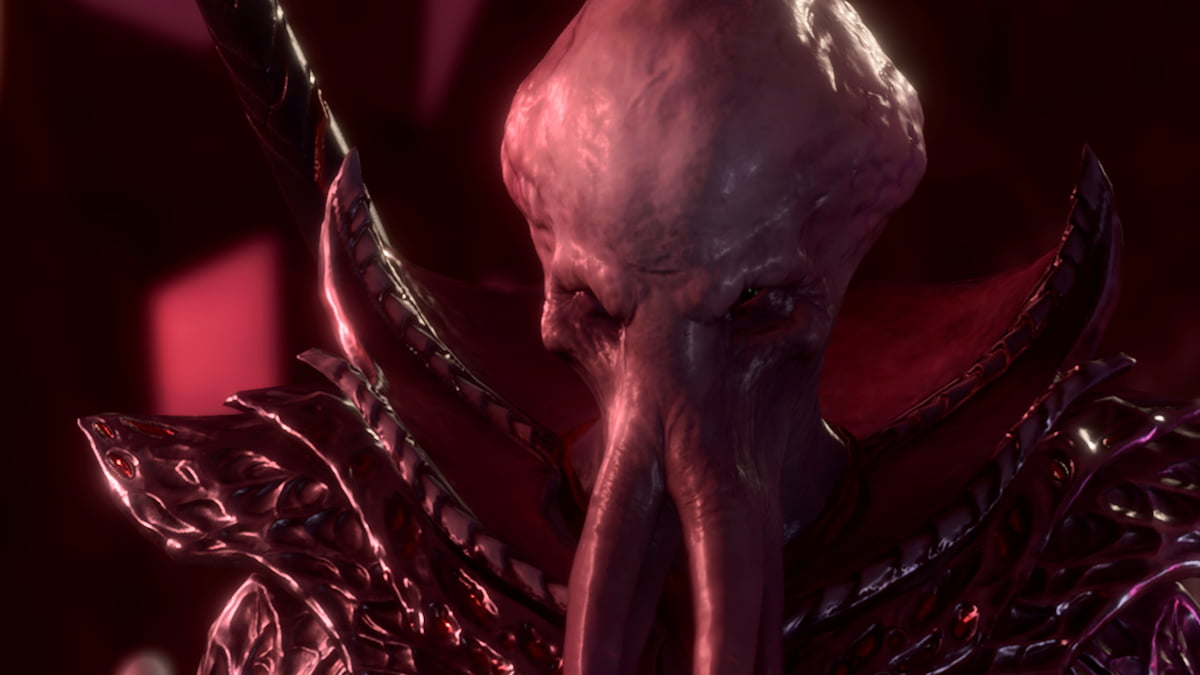
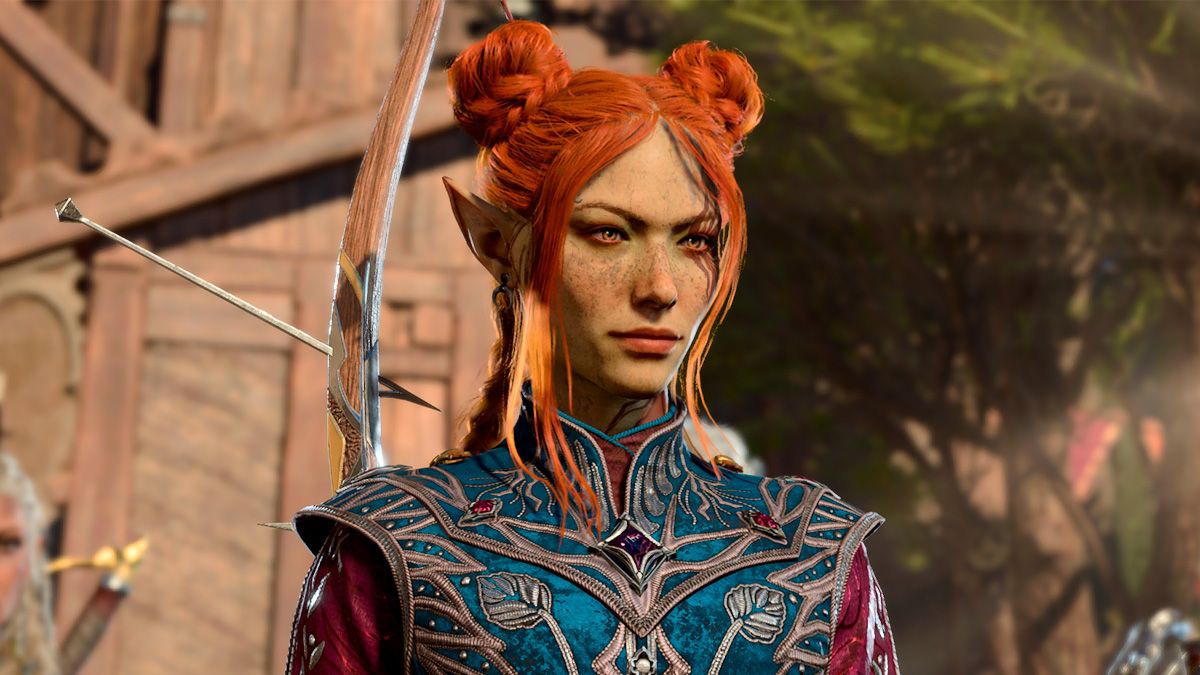


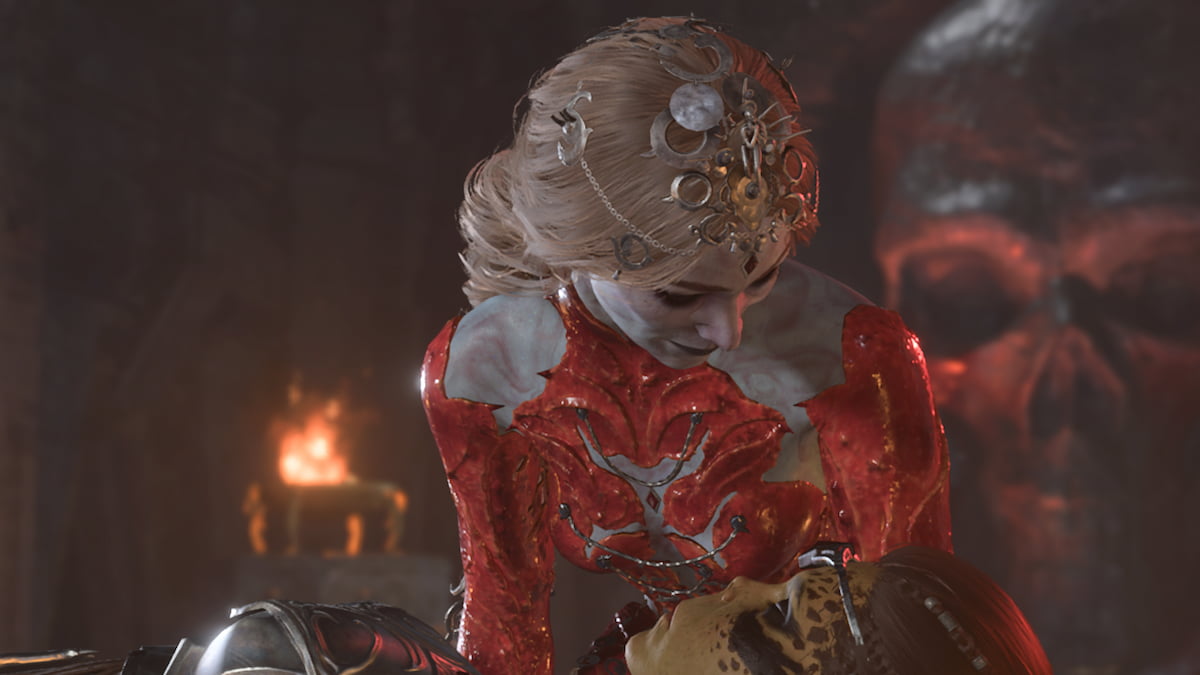

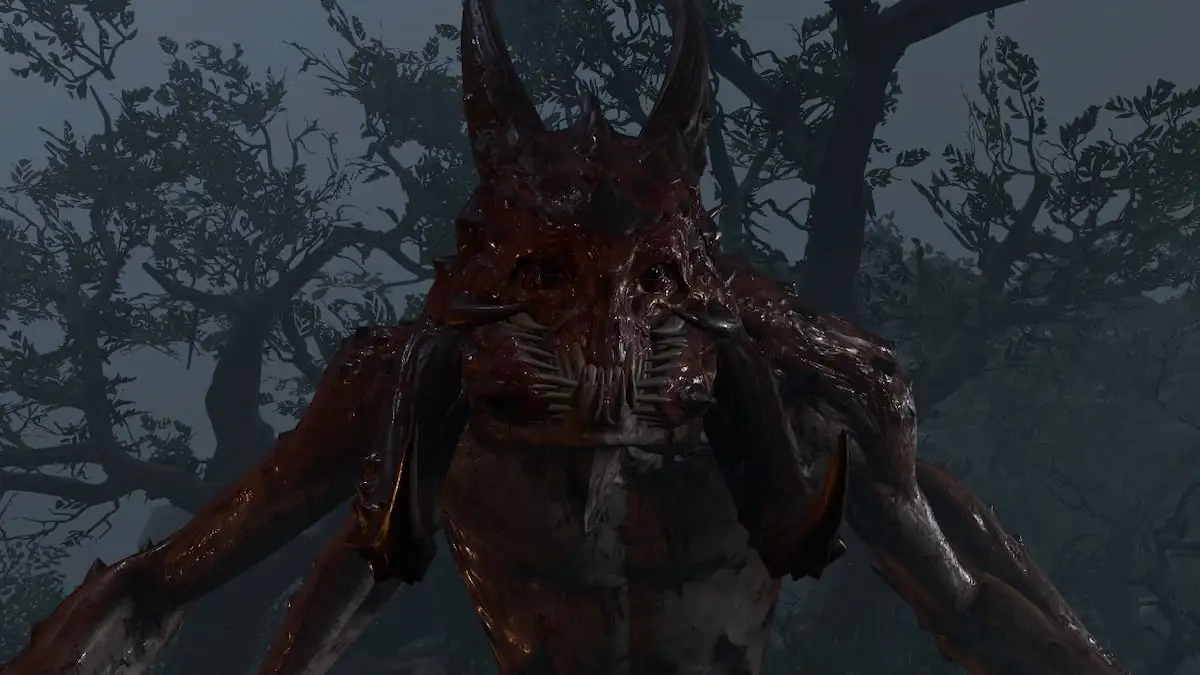
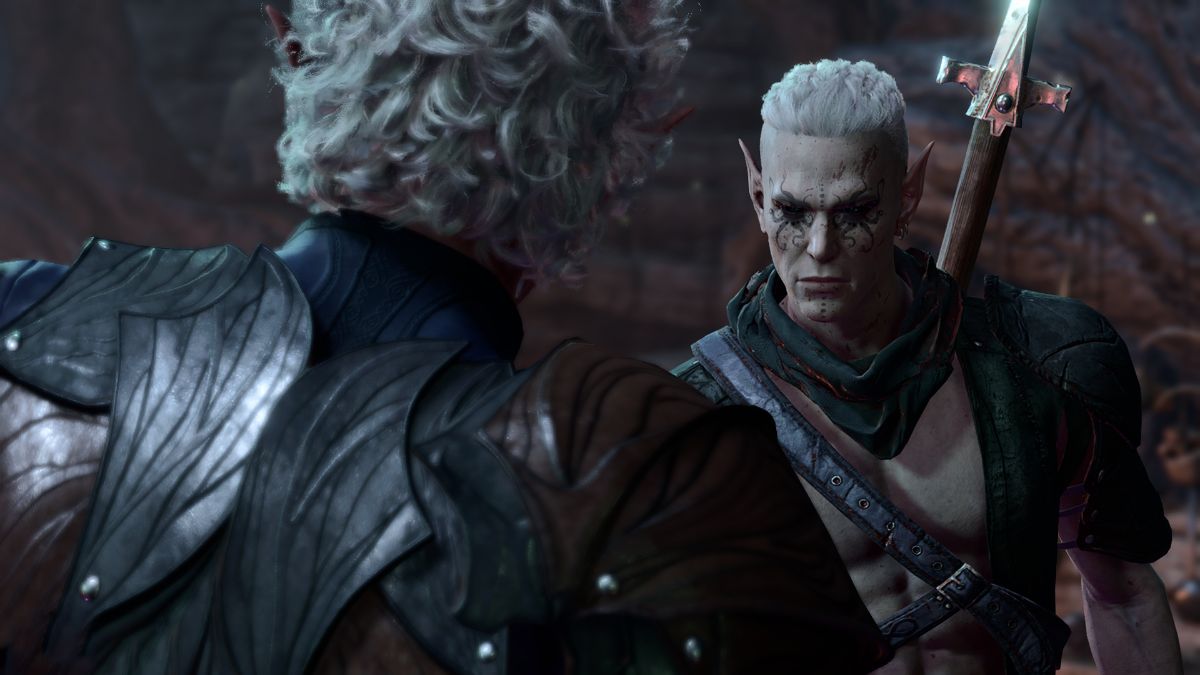

Published: Sep 8, 2023 01:53 pm